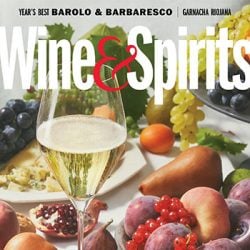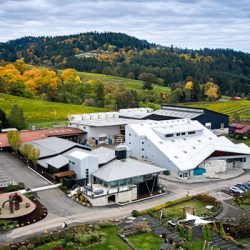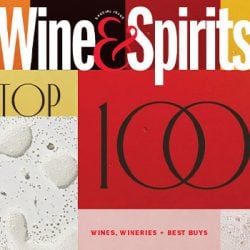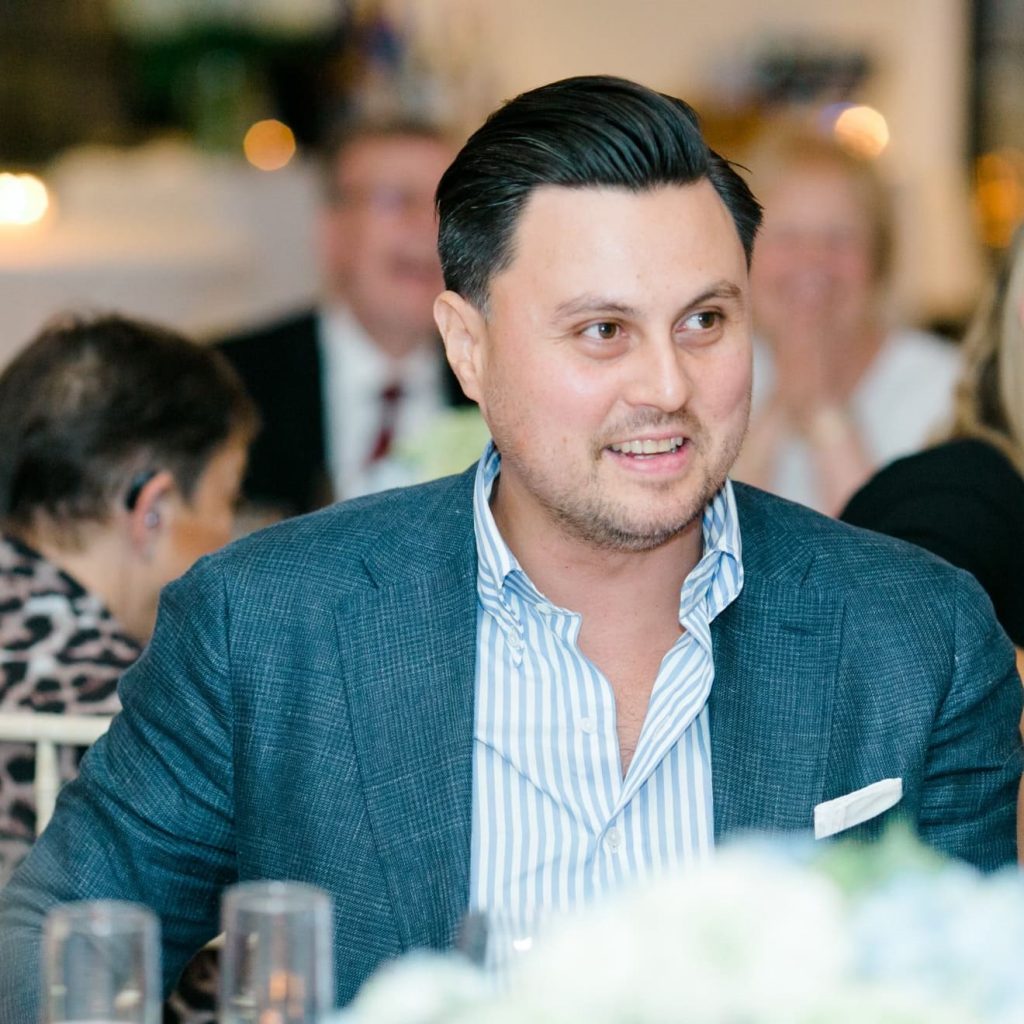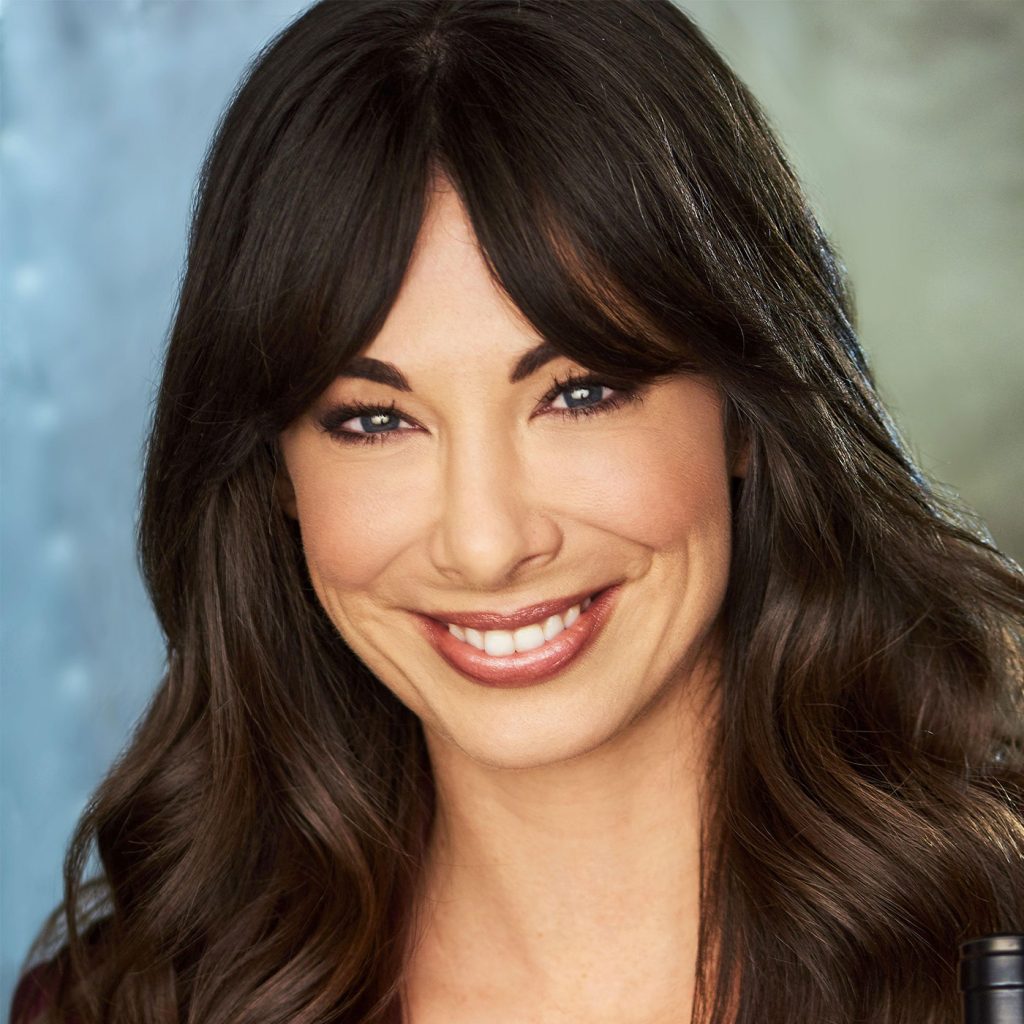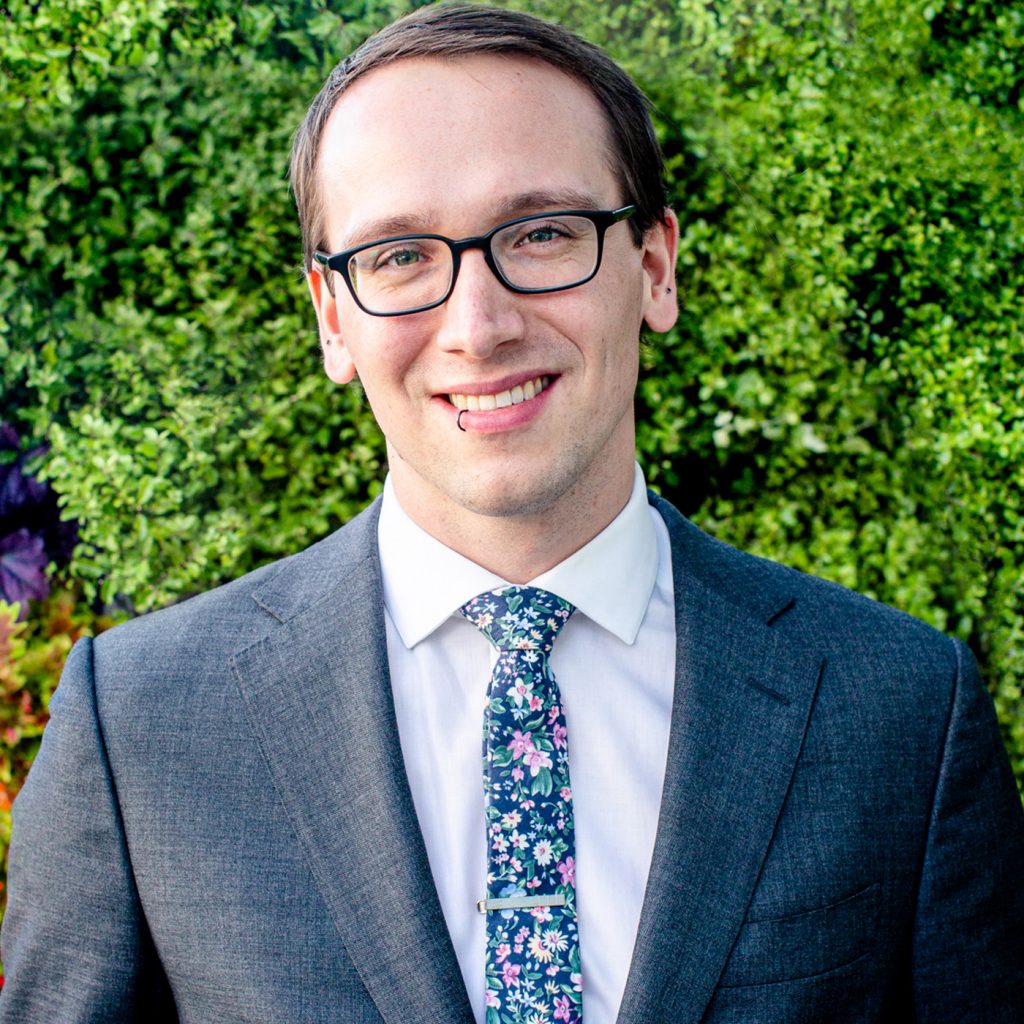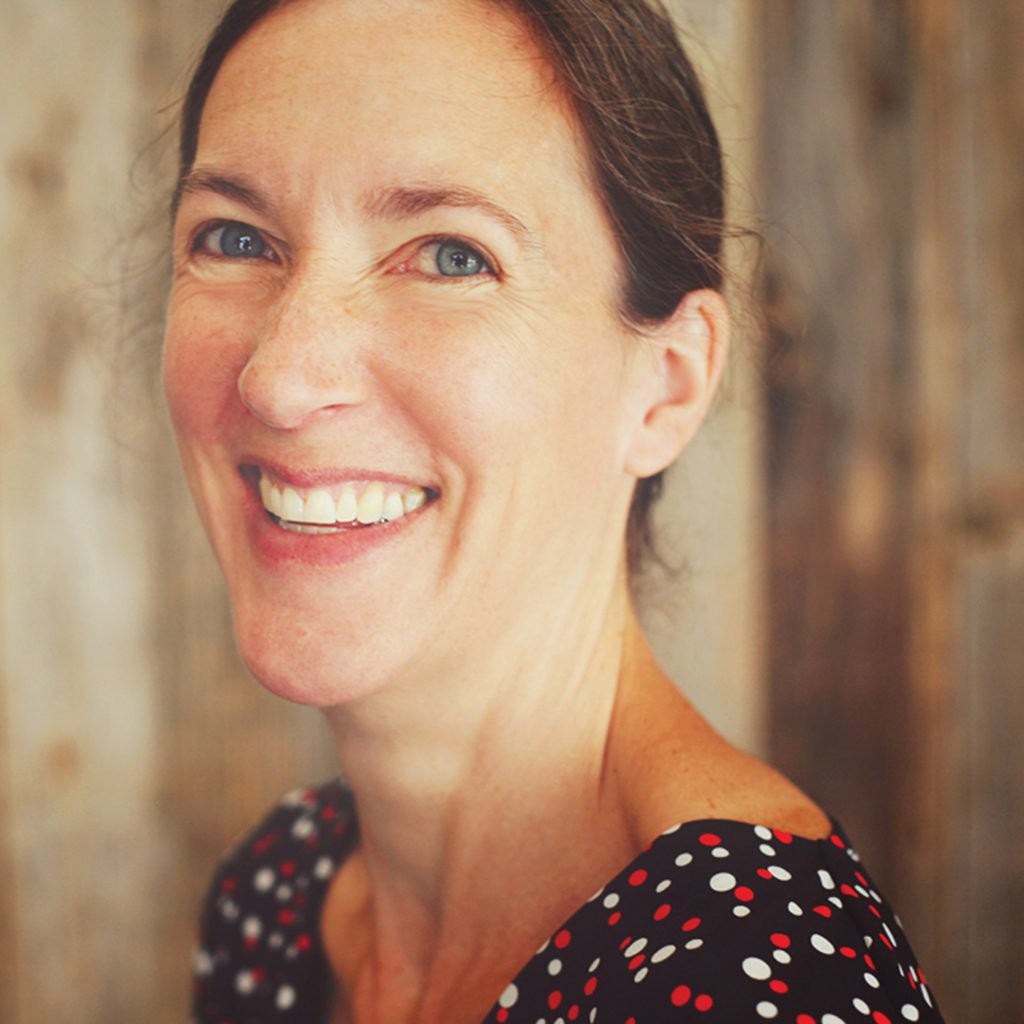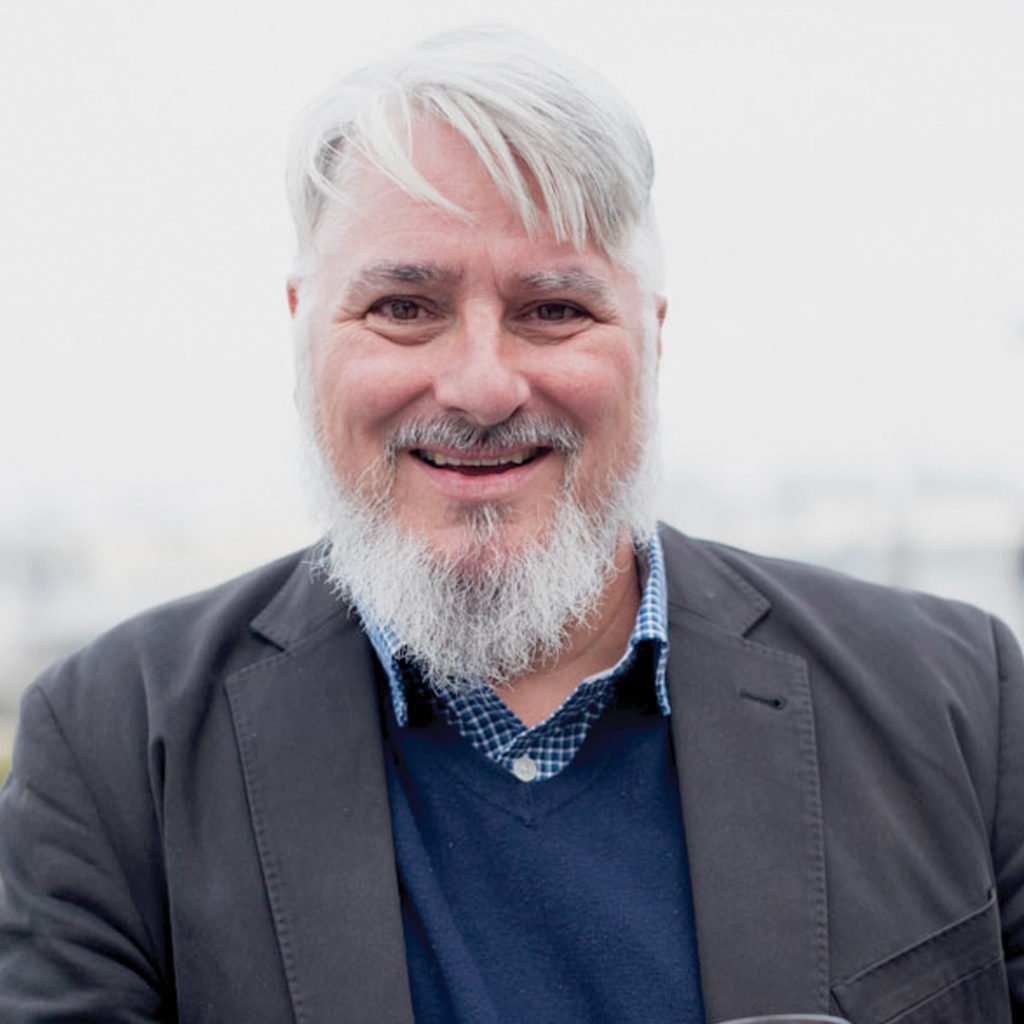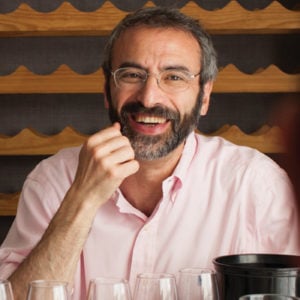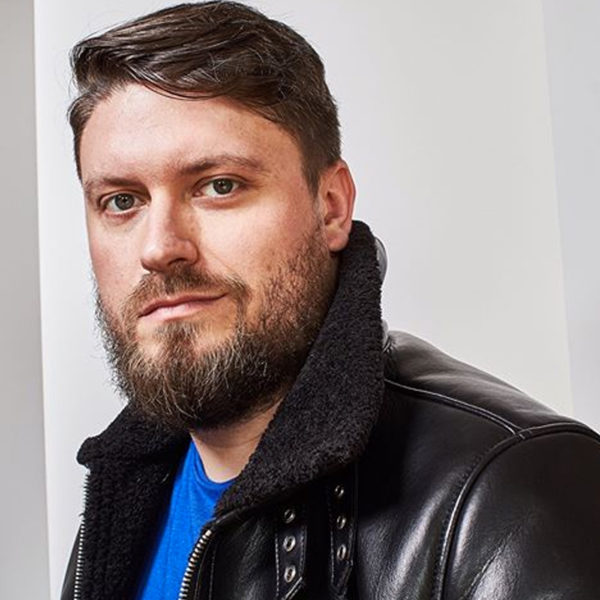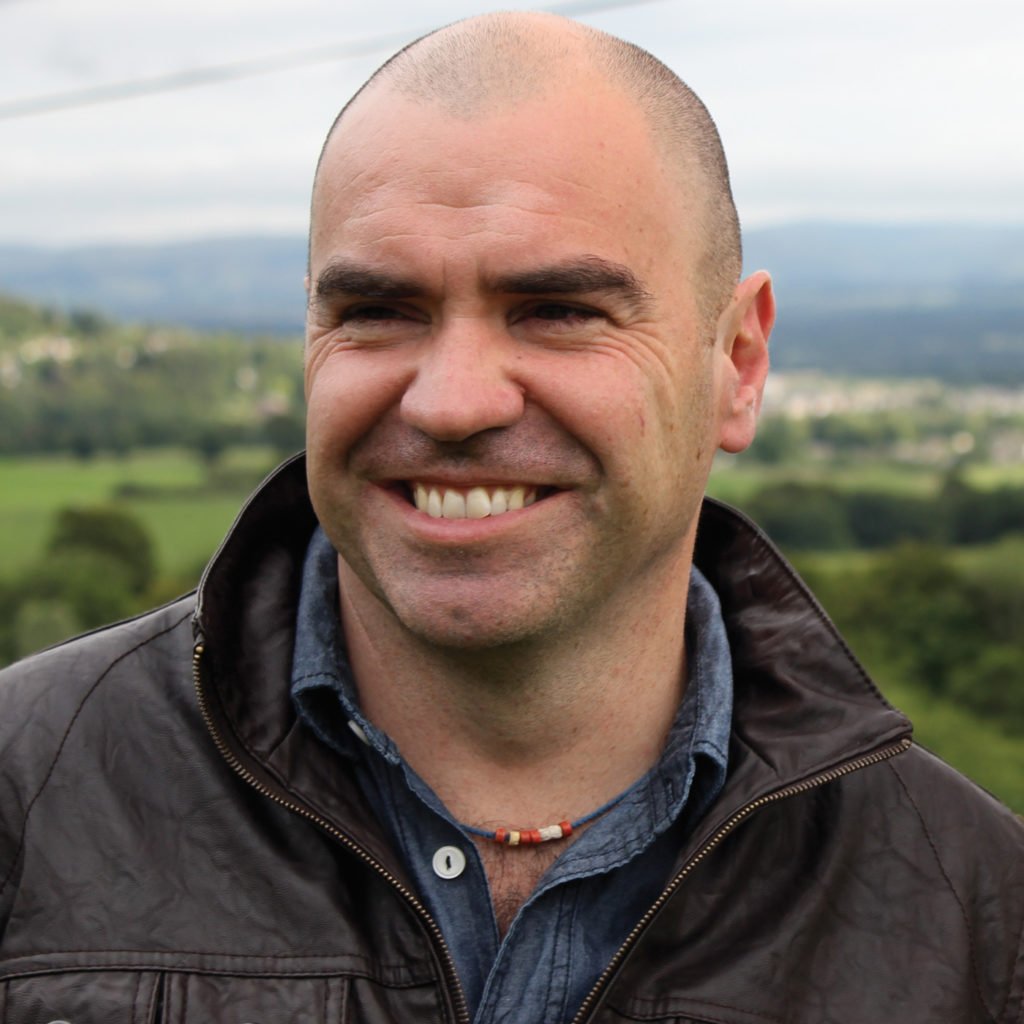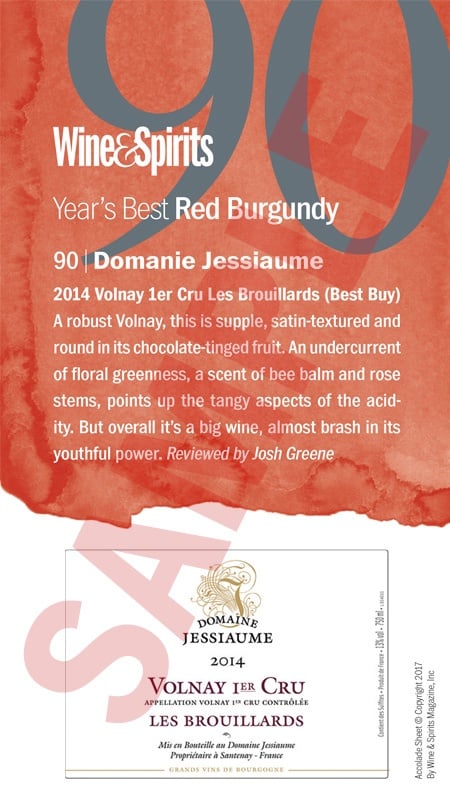On January 25th, Luca and Elena Currado Vietti released a statement which read, in part:
We hereby wish to announce that Elena and I will end our long collaboration with the VIETTI company today and our entrepreneurial paths will divide.
This marked an abrupt departure from the Castiglione Falletto winery that Carlo Vietti founded in the late 19th century. Luca’s father, winemaker and art connoisseur Alfredo Currado, married into the Vietti family and introduced a number of bold innovations, including one of the first commercial releases of a single-cru Barolo in 1961, the single-variety vinification of arneis in 1967, and the series of artist labels that continue to distinguish every bottle of Vietti wine.
In 2016, Luca and Elena made the decision to sell the winery to Kyle Krause, an American businessman who owns the Kum & Go convenience store chain as well as the Enrico Serafino winery in Piedmont. Barolo lovers were assured at the time that Luca would continue to oversee production of the wines, and in fact, the quality of Vietti wines has risen with the acquisition of several prime Barolo vineyards, thanks to Krause’s financial backing. Profitability has soared as well; according to Luca, revenues went from 6 million euros in 2016 to over 17.5 million euros last year.
I caught up with Luca and Elena last week at Aldo Sohm Wine Bar in NYC, to find out what the future may hold for them. The following interview has been lightly edited for clarity.
How have your children [Michele (23) and Giulia (21)] reacted to this change? Are either of them interested in making wine someday?
Elena: We never wanted to force them to come into this business. They follow their passions, like skiing and ski racing. We never asked them to go to enology school, but they are very curious about wine and have great palates. They have grown up in this world. Michele made several harvests with Luca. We tried always to involve them and help them understand that this is our work and our life, they need to know what is happening, but without forcing them into this work. So little by little I think this has led them to be more curious. Giulia worked in a wine store last summer, and both have taken a sommelier course in Italy.
Luca: The reason we resigned was not because of anything to do with our kids. Making wine is one thing, but making wine with passion is another, and if you can’t do that it will not work. I have seen some people who took over their family wine business and didn’t really want to. I can tell they are a little bit sad. We say in Italy that the rich person is the one who can do what he loves. When Elena and I married, she embraced the life and the business.
Elena: My dream as a girl was always to go to enology school or culinary school, but my mother said ‘No, are you crazy? This is only for boys.’ I always felt a little upset about this, so I always said when I have kids, I will never impose. I can suggest, but they can choose what is right for them. And maybe eventually they will come to what we do.
I understand you have done some consulting work for Querciabella, and some other Tuscan producers. What draws a Barolo producer to work with sangiovese?
Luca: We are not typical Piemontese. We are very curious about a lot of things. I love sangiovese, especially in the Chianti Classico region. I think it has huge potential. Unfortunately, it was destroyed at one time by big companies, but now we start to see some really great small wineries there. Lamole for example has some great territory and great potential.
How has your work changed at Vietti since the sale?
Elena: We strengthened Vietti [since 2016], we wanted to give the company good cards to play. We worked harder than ever, and I think the force of these years has paid off. Of course, also because of the investment of the Krause family, and the new timorasso project; we wanted to make sure the investment was used in the right way—to put it in the right things.
Luca: I tell you that we are happy and proud, because this is a story of success. Many times people question whether to invest in Italy, but this shows that it can be extremely successful. We tripled the turnover. So maybe this will help other people, even those not in the wine business, to direct money to people who know what to do.
Your spirits project [Elena Penna Gin and Vermouth] is separate from Vietti. What are your plans for that?
Elena: The spirits business is doing very well. Luca’s father was working at a winery that was making vermouth before he married Luciana Vietti, so this is going back somewhat to our history. I always kept the spirits company separate. The idea was to do a gin, and also a vermouth because it is the history of Piemonte. We make two vermouths, and the style goes back to the past when Barolo was made in a sweet style.
Luca: Back in the 1800s, the majority of Barolo wines were fortified, because they couldn’t ferment out all the sugar, and if you bottled the wine it would explode [due to refermentation]. When they drank the fortified wine, they would put one ice cube in the glass to bring the alcohol back down to 13 or 14 degrees. They also added an herb called vermuta [wormwood] to stabilize the wine. So we did not invent anything; we used Barolo, alcohol, and a few herbs. In the old days, they used good wine to make vermouth, but when they learned how to make a dry Barolo, they started using bad wine for vermouth.
Elena: Also, they would use white wine with caramel coloring. We wanted to make something that would stand out from the other vermouths. We use only good wine. One [Vermouth di Torino] is made with Nebbiolo [not Barolo], but the other [Vermouth di Torino Superiore] is always made with Barolo. We started with the product, without thinking about the market. The labels are by a Torino artist, Elisa Talentino. We wanted someone from Torino because vermouth was born there.
What will you miss most about Vietti?
Luca: I will miss the cricket on the labels [crickets appear several times in Vietti’s artist series labels]; it was my family’s heritage.
Elena: I was used to getting on a plane every fifteen days. I’ve worked always since I was 18 years old. Now, I wonder, what am I going to do? I met Luca in 1991 and we married in 1994, so almost my whole life was at Vietti.
What are you most looking forward to?
Luca: Getting back to the creative side of this work, which is the part I really love.
Elena: I’m looking forward to new experiences, new projects, building up the spirits company as a very artisanal project that makes high quality and distinctive products. But I need to take a little time. The good thing is that we have choices, and we are together, and hopefully will be for a very long time.
is the Italian wine editor at Wine & Spirits magazine.
This is a W&S web exclusive. Get access to all of our feature stories by signing up today.


